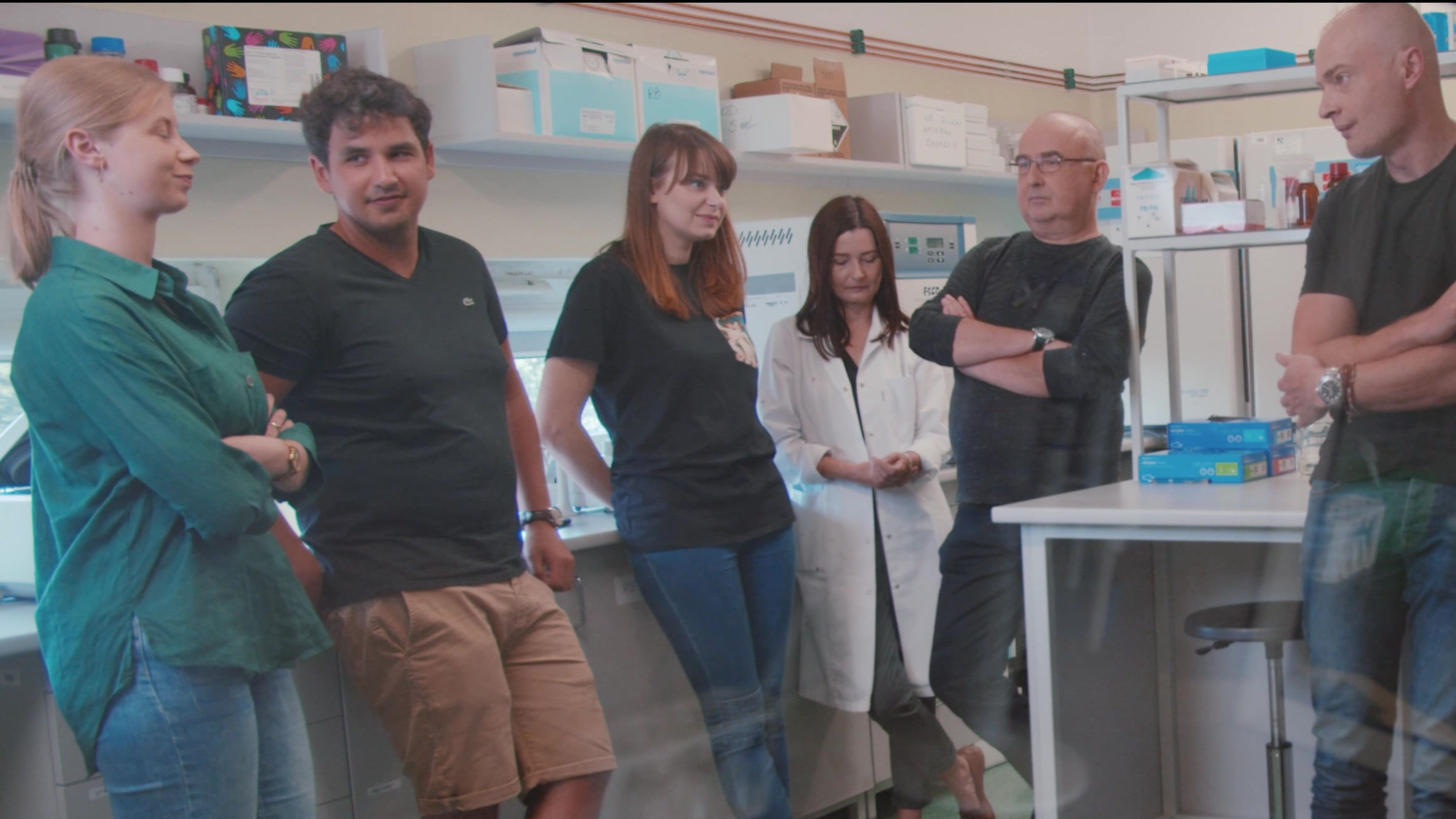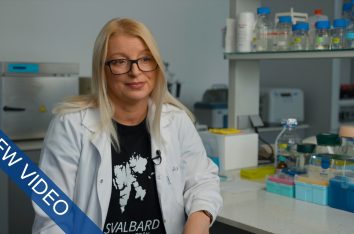The RNAi mechanisms which were discovered in the 1990s changed our perception of the transmission of biological information, introducing a new, non-coding RNA (microRNA) dependent level of post-transcriptional regulation of protein quantity.
read more
Since it is the disturbances in the amount and function of human proteins that are the main cause of diseases, the research conducted by the team supervised Prof. Rafał Bartoszewski from the Department of Biology and Pharmaceutical Botany at the Medical University of Gdańsk focuses on the detection and determination of the biological importance of human non-coding RNA molecules, in particular micro-RNA, involved in the response to cellular stress, which is an intrinsic component of human diseases. Identification and understanding of potentially pathogenic changes in micro-RNA profiles will enable their use for the development of diagnostic methods and may constitute the basis for innovative personalised therapies. The aim of the research is to obtain control over deregulated miRNAs in human cells and to restore the proper level of proteins responsible for cardiovascular diseases and cancer using synthetic analogues of these molecules. Considering that the currently available drugs use mainly the pleiotropic effects of chemical molecules and can correct only selected human proteins, the use of RNAi mechanisms for pharmaceutical purposes may reduce the undesirable effects of current therapies, as well as enable the development of new ones dedicated to previously incurable diseases.



